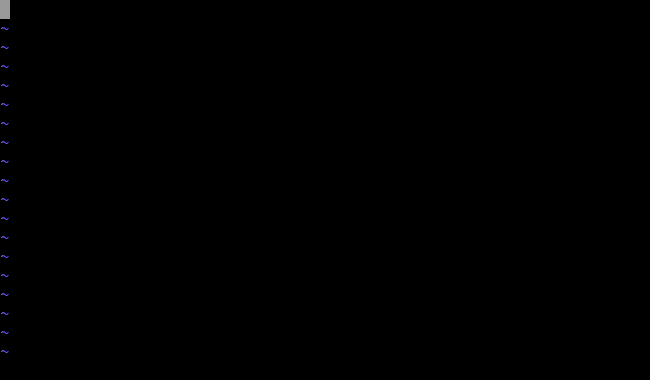Former US Secretary of Defense, Donald Rumsfeld, famously popularized the phrase "known knowns." Here we're going to distill his remarks into a four-line stanza.
Specifically, output this text:
known knowns
known unknowns
unknown knowns
unknown unknowns
Capitalization doesn't matter (for example, Known unKnowns is fine), and a single trailing newline is acceptable, but no other formatting changes are allowed. That means a single space between the words, and either LF (59 bytes) or CR/LF (62 bytes) between the lines.
Rules
- Either a full program or a function are acceptable. If a function, you can return the output rather than printing it.
- Standard loopholes are forbidden.
- This is code-golf so all usual golfing rules apply, and the shortest code (in bytes) wins.

